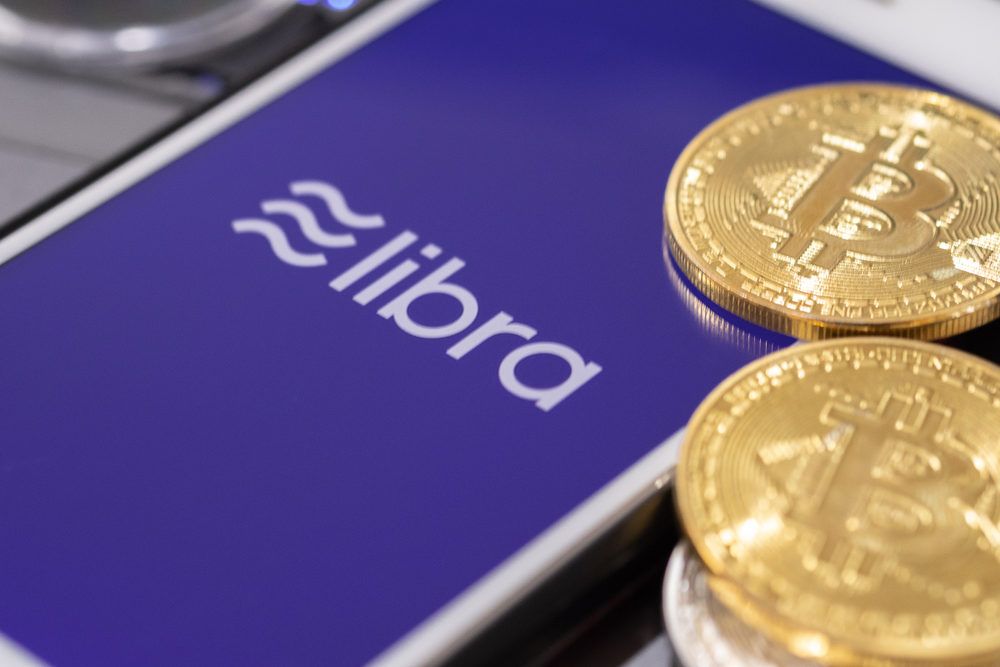What Recent Ransomware Attacks Can Teach Hospital IT Teams
Hospitals are naturally attractive prey to hackers of all sorts. First, they hold vast databases filled with lots of patient information. This data...
2 min read
 Tony Ridzyowski
:
August 18, 2016
Tony Ridzyowski
:
August 18, 2016
The years 2014 and 2015 were hard for businesses, as hackers made their way into databases that included countless financial records, government and military secrets, and highly sensitive and valuable proprietary information (think Sony and Ashley Madison). This year, hackers seemed to shift their focus, targeting medical organizations with a vengeance. By February, NBC news had declared that health care records hacking had “skyrocketed“, jumping a mind-boggling 11,000 percent (nope — not a typo) in a single year. If that doesn’t make you want a network security audit to access your vulnerabilities, nothing will.
Many of the hacks came in the form of ransomware. Ransomware is a special kind of malware that locks down a database (or sometimes just steals copies of the data) until the victim pays a ransom. Ransom is usually demanded to be paid in bitcoin, which is an untraceable form of internet currency that is commonly used for criminal activity. Other hacks came with no ransom demand. Hackers simply stole the data on patients and either used it for criminal gain or sold it on the black market, most commonly on the Dark Web or Dark Net. The Dark Web is part of the Deep Web, or the part of the internet that is inaccessible by mainstream browsers (Internet Explorer, Firefox, Chrome, etc.)
There are three primary reasons why hackers go after medical records:
Unfortunately, the cyber security measures in place at most medical organizations and facilities are outdated, insufficient, or both. Faced with tight budgets and constant concerns over ever-growing regulations, most hospitals, nursing homes, doctors offices, and other organizations that manage patient records don’t spend the time, effort, and funding that businesses do. They often neglect things like a network site survey, network monitoring, and other modern security measures. It is estimated that one out of every eight patients in the U.S. have had their medical records compromised at some point.
Aside from the relatively easy pickings hackers have with medical organizations, medical records are actually more valuable on the black market than ordinary credit card numbers or other personally identifying or financial information. Hackers go after medical records because:
Medical records sell on the black market (Dark Net) for ten to twenty times the amount that other forms of personal identity records sell for.
If you are in charge of storing, managing, or working with medical records, how can you keep those records and the patients they represent secure?
The network site survey you need is just a click away. Request a FREE network survey today!

Hospitals are naturally attractive prey to hackers of all sorts. First, they hold vast databases filled with lots of patient information. This data...

At the end of each year, cyber security experts identify the threats that they believe to be most significant over the course of the next year. This...

With Libra, Facebook has taken the latest step in making cryptocurrency more ubiquitous, and now your enterprise data is more valuable to hackers...